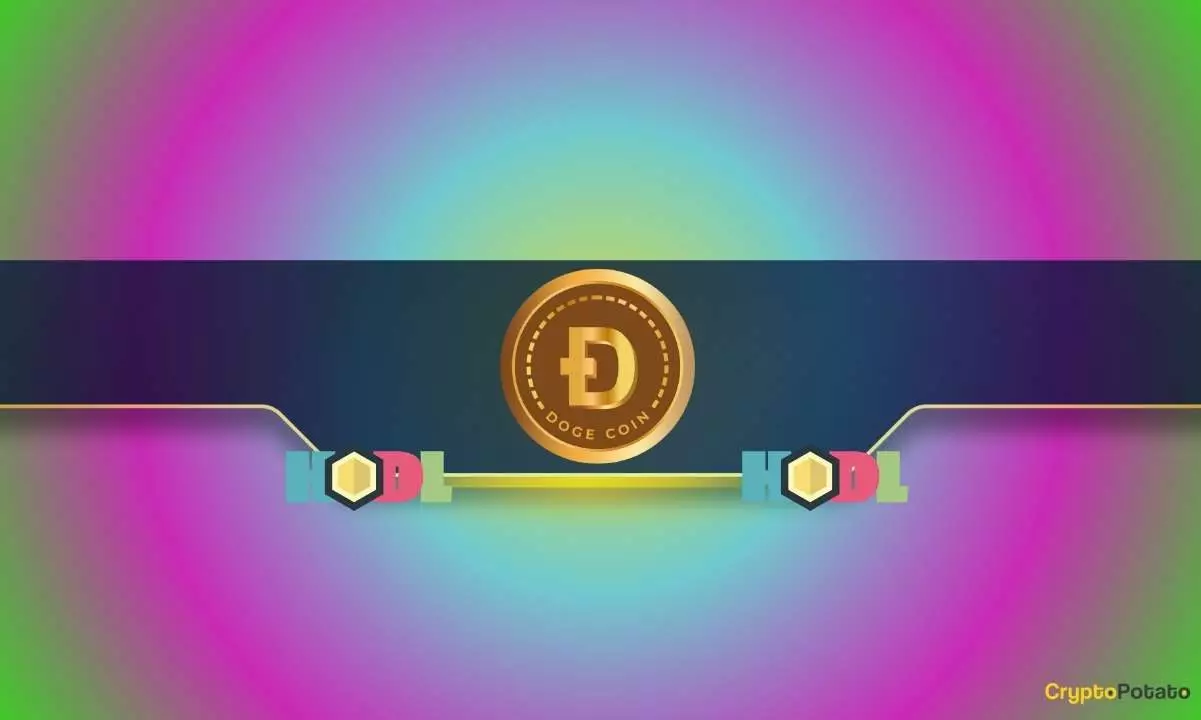The cryptocurrency market has recently experienced a tumultuous period, and Dogecoin (DOGE) has been particularly hard-hit amidst this volatility. Over the last 36 hours, DOGE saw a staggering decline of more than 25%, positioning it as one of the weakest performers among popular cryptocurrencies. This article delves into the factors influencing this shift, analyzes the implications for investors, and speculates on potential future price movements.
The decline of Dogecoin has occurred in conjunction with a significant market-wide correction following a recent Federal Open Market Committee (FOMC) meeting. Although the meeting resulted in a 25 basis point cut in interest rates—an action that typically favors asset prices—market reactions indicate a complex interplay of factors driving investor sentiment. Federal Reserve Chair Jerome Powell’s comments, which suggested limited future rate reductions and reaffirmed the prohibition against the Fed purchasing Bitcoin, appear to have dampened bullish expectations within the market.
In an environment where Bitcoin, the leading cryptocurrency, tends to cushion the blows for altcoins, Dogecoin has notably succumbed to a sharper decline. After enjoying a relatively moderate trading range of over $0.41 earlier in the week, DOGE’s market position deteriorated rapidly, resulting in a drop to $0.34. Following a brief uptick to $0.365, the asset plummeted to a concerning low of $0.31, marking a grim five-week low for the once-celebrated meme coin.
Crypto analysts are weighing in on the potential for further depreciation of DOGE. According to Jake Wujastyk, a prominent cryptocurrency analyst, there are possibilities that Dogecoin could plummet below the $0.27 mark. This forecast is supported by various technical indicators that suggest continued selling pressure may be imminent. Another analysis from Rose Premium Signals highlights potential support levels, projecting that DOGE might test $0.22 before establishing a new bullish phase—an intriguing reflection on the cyclical nature of cryptocurrencies.
The essence of such analyses reveals a common sentiment among traders: the current bearish trend may not have reached its climax. Investors monitoring these fluctuations should remain vigilant, as the support and resistance levels are critical points of interest that could dictate the asset’s next moves.
The pronounced decline of Dogecoin has sparked a variety of emotions within the investor community, ranging from panic selling to strategic accumulation in anticipation of a rebound. Given that Dogecoin is often perceived as a speculative asset, its volatility can incite rash decisions among retail investors influenced by short-term narratives.
In reflection of current trends, it is crucial for investors to consider not only the technical aspects of Dogecoin’s price movements but also external economic factors that could influence market conditions. As the cryptocurrency arena evolves, staying informed and maintaining a strategic approach could prove beneficial as the market seeks stability.
Ultimately, while Dogecoin faces undeniable challenges in the immediate future, the cryptocurrency world is known for its rapid reversals. The key will be to navigate this tumultuous environment with informed decisions and a focus on long-term potential, especially as new developments continue to roll out in the broader financial landscape.








